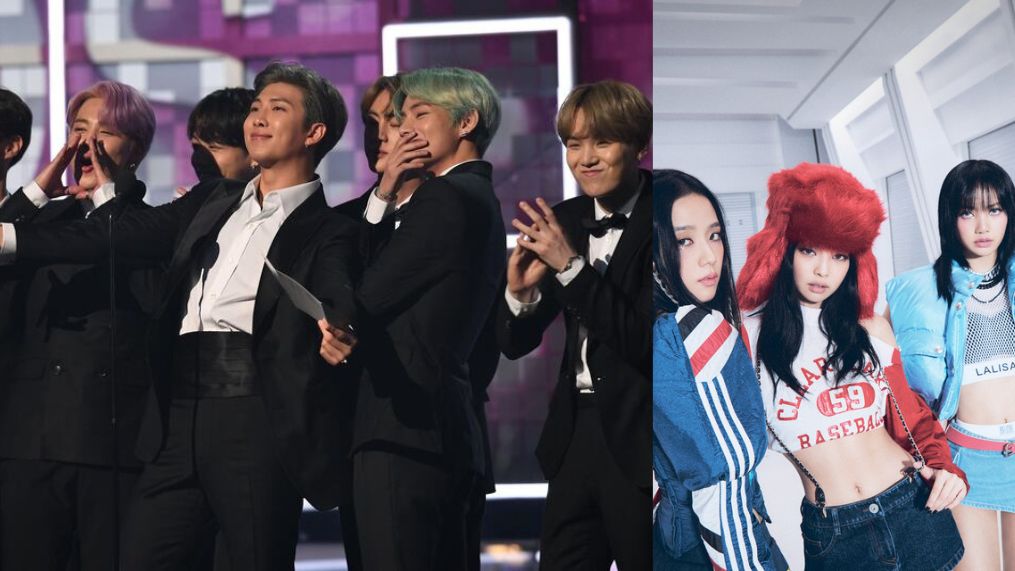Amidst speculations of a resurgence in the “Hallyu Ban,” attention turns to China’s pivotal role in sustaining South Korea’s pop culture phenomenon.
Recently, Korean netizens expressed mixed reactions over aespa NingNing‘s decision to join Weibo, seen by some as a potential prelude to returning to China. This move sparked debates, with some Koreans perceiving it as a betrayal, while Chinese media portrayed it as a strategic career move to explore a variety of show opportunities.
K-pop’s integration of international members, like NingNing, underscores its strategy to conquer global markets, especially China, the largest contributor to its success. BLACKPINK Jisoo‘s solo album, selling over 800,000 units in China, exemplifies this lucrative market’s impact.

Chinese fans’ robust support is evident, with instances like Hwang Chi-yeul’s birthday album sales reaching 100,000 copies, translating to significant revenue.
Such financial backing underscores Chinese fans’ substantial contribution to Korea’s entertainment economy, prompting debates about the treatment of Korean-debut Chinese artists versus other foreign nationals.
BTS’s Suga highlighted the challenges facing Korean artists performing in China, shedding light on broader geopolitical tensions affecting cultural exchanges. Recent cancellations and absences of Korean talents from Chinese events further fueled discussions on facing these complexities.




